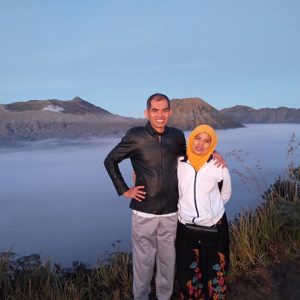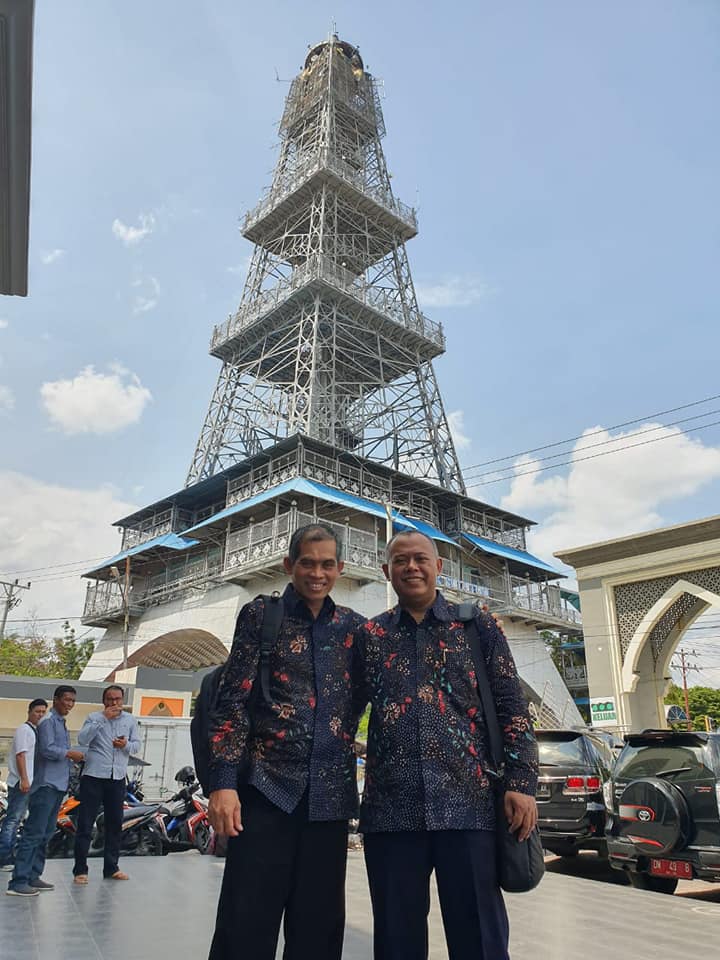
Organizational Behavior Is a Social Science
(Robbins, Stephen P. 1991)
Organization Behavior (OB) has grown out of at least two older fields in business school; human relations and management. It also includes significant ideas from psychology and sociology, although other social sciences such as economics, anthropology, and political sciences have certainly contributed to OB’s development. In the past twenty years, OB has received substantial inputs from a younger generation of scholars who have received their training in business schools either under the label of Organizational Behavior itself or under some related term. If one, however, we required to select a single discipline that has most influenced to content of OB and its research methodologies, there is little disagreement over the answer; psychology. In second place, and closing slowly on leader, is sociology.
Any study of the OB field would be generally acknowledged as incomplete without a discussion of the following the topics:
- Attitudes
- Job satisfaction
- Personality
- Perception
- Motivation
- Learning
- Job design
- Leadership
- Communication
- Group dynamics
With the exception of the last two, the major work on each of these topics has been done by individuals who primary training has belonged to the social psychology. The study of groups has belonged to the social psychologist and the sociologist. The interest in the past fifteen years in power and conflict in organizations has also generally been furthered by individuals with sociological training. But the topics of power, conflict, and other interest of sociologists -including organizational culture and structure- suffer in contrast to the previously mentioned psychologically based concept by failing to achieve unanimity among OB scholars as to their legitimacy.
Based on contributions from researchers in psychology, sociology, and other social science, we have made substantial progress in our research to be able to explain and predict the behavior of people at work. We have, for example, identified a number of factors that contribute to employees voluntarily quitting their jobs. More important, we have also developed models that show how these factors interact.
Does this imply that we now have a science of OB that can consistently and perfectly predict behavior? No! We have made substantial progress, but our knowledge is far from complete. There are many questions that remain answered. There is also considerable research that is consistent and, in some cases, even contradictory. Unfortunately, understanding human behavior is not as simple as the understanding of, say, polio. The latter led to a vaccine that effectively eliminated polio in North America. Further research on polio is not necessary. The understanding of human behavior, in contrast, will never be fully understood. Research will continue, leading old theories to be replaced with new ones. We have come a great distance in our understanding of human behavior, but the road is long and we still have considerable distance to cover.
Robbins, Stephen P. 1991. Organizational Behavior Concept, Controversies, and Aplications. Prentice Hall International, Inc.






